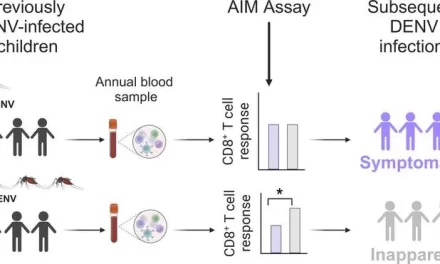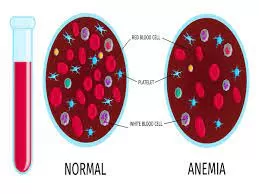A recent study has revealed that drinking alcohol and napping on long-haul flights may negatively impact heart health, even among young and healthy individuals. The research, published in the respiratory journal Thorax, highlights that these activities can significantly lower blood oxygen levels and increase heart rate for extended periods.
Conducted by researchers from the German Aerospace Center in Cologne, Germany, the study emphasizes the potential risks associated with higher alcohol consumption during flights, particularly for elderly passengers with pre-existing medical conditions.
The study explains that atmospheric pressure decreases exponentially with altitude, leading to a drop in blood oxygen saturation levels to around 90% (73 hPa) in healthy passengers at cruising altitude. This condition, known as hypobaric hypoxia, is characterized by low blood oxygen levels at higher altitudes.
“Alcohol relaxes blood vessel walls, increasing the heart rate during sleep, an effect similar to that of hypobaric hypoxia,” the researchers stated, recommending that passengers “consider limiting alcohol on long-haul flights.”
In their study, the researchers randomly assigned 48 participants to two groups: one group slept in a sleep lab under normal ambient air pressure conditions (sea level), while the other group slept in an altitude chamber that simulated cabin pressure at cruising altitude (2,438 meters above sea level). Twelve participants in each group slept for four hours, both after consuming alcohol and without consuming alcohol.
“The results indicate that, even in young and healthy individuals, the combination of alcohol intake with sleeping under hypobaric conditions poses a considerable strain on the cardiac system and might lead to exacerbation of symptoms in patients with cardiac or pulmonary diseases,” the researchers concluded.
This study underscores the importance of being mindful of alcohol consumption and sleeping habits during long-haul flights, as these factors can have significant implications for cardiovascular health.












